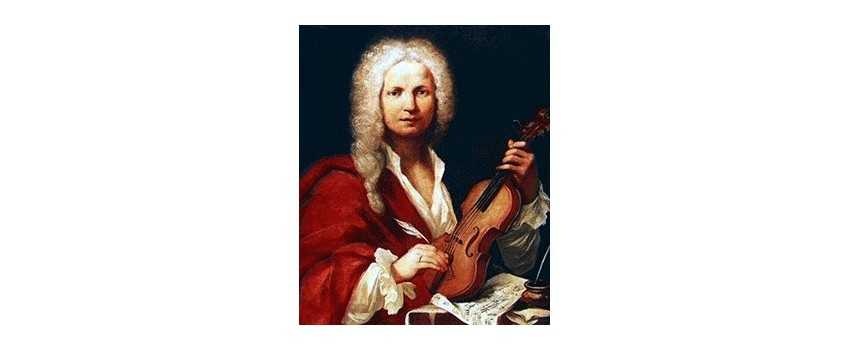Vivaldi 12 Sonatas Bk 1 Nos. 1 - 6 For Violin (Schott)
Vivaldi, 12 Sonatas Bk 1 Nos. 1 - 6 for Violin (Schott)...
Antonio Vivaldi (4 March 1678 – 28 July 1741) was an Italian violinist and composer who influenced the concerto form and late Baroque instrumental music style. Giovanni Battista Vivaldi's primary teacher was likely his father, Giovanni Battista Vivaldi, who was admitted as a violinist to the San Marco Basilica's orchestra in 1685. The eldest son, Antonio, studied for the priesthood and was ordained in 1703. His distinctive reddish hair later earned him Il Prete Rosso's nickname ("The Red Priest"). In 1696, he made his first public appearance as a "supernumerary" violinist in the basilica alongside his father. He excelled as a violinist and was appointed violin master at the Ospedale Della Pietà, a home for orphans, in 1703. The Pietà specialized in musical education for its female wards. Those with musical talent were assigned to its excellent choir and orchestra, whose well-received performances aided the institution's fundraising efforts. For the majority of his career, Vivaldi worked with the Pietà: as violin master (1703–09; 1711–15), director of instrumental music (1716–17; 1735–38), and paid external composer (1723–29; 1739–40).
Vivaldi gave up celebrating mass soon after his ordination as a priest due to a debilitating illness thought to have been bronchial asthma. Regardless of his circumstances, he took his position as a secular priest seriously, earning the label of a religious bigot. Vivaldi wrote his first musical compositions during his time at the Pietà. In 1705 and 1709, printed collections of his trio and violin sonatas were issued. In 1711, the Amsterdam music publishing firm of Estienne Roger published his first and most influential set of concerti for violin and string orchestra (Opus 3, L'estro armonico). Roger wrote three more collections of his concerti (opuses 4, 6, and 7) and one set of sonatas in the years leading up to 1719. (Opus 5). When Pietà's choirmaster left his post in 1713, the organization was forced to turn to Vivaldi and other composers for new compositions. His sacred vocal music was a huge hit, and he won commissions from other institutions. In 1713, his first opera, Ottone in the villa, was staged in Vicenza, introducing him to a new area of endeavor. When Vivaldi returned to Venice, he began working as a composer and an impresario in the operatic world. He served as the director of secular music for Mantua's chancellor, Prince Philip of Hesse-Darmstadt, from 1718 to 1720. This was Vivaldi's only full-time job; he seems to have enjoyed working as a freelance composer because of the versatility and entrepreneurial opportunities. In Mantua, Vivaldi's significant works were operas, though he also wrote cantatas and instrumental works. Vivaldi's career reached its pinnacle in the 1720s. He was based in Venice again, but he traveled extensively throughout Europe, providing instrumental music to patrons and customers. Between 1725 and 1729, he entrusted Michel-Charles Le Cène, Roger's successor, as a publisher, with five new concerto collections (opuses 8–12). Vivaldi avoided publishing his works after 1729, preferring to sell them in manuscripts to private individuals. During this decade, he also obtained several opera commissions and resumed his impresario work in Venice and other Italian cities

Vivaldi, 12 Sonatas Bk 1 Nos. 1 - 6 for Violin (Schott)...
Vivaldi, 12 sonatas Book 2 Nos.7-12 (Schott)...
Vivaldi Complete Four Seasons for Violin (Schirmer)...
Vivaldi Concerto A Minor Op3 No 8 for 2 Violins and Piano (Schott)
Vivaldi, Concerto in A min Op. 3 No. 8 for 2 Violins (IMC)...
Vivaldi, Concerto in A min Op. 9 No. 5 RV 358 for Violin (IMC)...
Vivaldi, Concerto in G minor Op.12 No.1 for Violin (Schott)...
Vivaldi Concerto In G Minor RV517 for 2 violins and Piano (IMC)
Vivaldi, Concerto No. 1 Spring for Violin (Peters)...
Vivaldi, Concerto Op. 3 No. 6 in A min for Violin (Peters)...